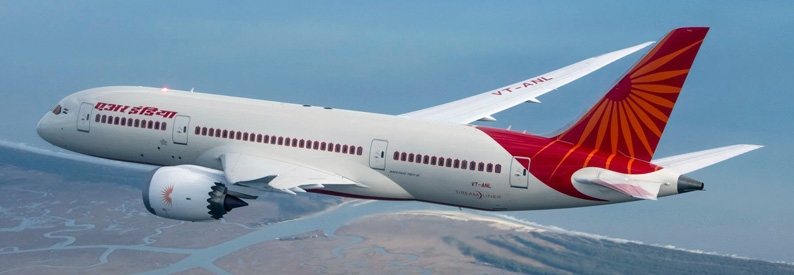Air India Confirms One Engine on Crashed 787 Was New

Air India has confirmed that one of the engines on the Boeing 787-8 Dreamliner that crashed last week was newly installed in March 2025, while the other engine was not due for servicing until December 2025.
Speaking to India’s Times Now news channel, Air India Chairman N Chandrasekaran said both engines had “clean” histories. “The right engine was new. The left engine was last serviced in 2023 and scheduled for its next check in December 2025,” he stated.
Flight AI171, bound for London, crashed less than a minute after takeoff from Ahmedabad airport on June 12, killing at least 270 people. Investigators are now analyzing the flight data and cockpit voice recordings from the recovered black boxes to determine the cause of the crash.
“There’s a lot of speculation,” Chandrasekaran cautioned. “But the black box will tell the story. We just need to wait for the facts.”
Experts emphasize that engine age doesn’t necessarily correlate with performance. Kishore Chinta, former investigator with India’s Aircraft Accident Investigation Bureau, noted that the GEnx-1B engines used on the 787-8 rely on real-time monitoring systems like FADEC, rather than fixed maintenance schedules. However, Life Limited Parts (LLPs) within the engine still have defined cycle limits.
The GEnx-1B engines, developed by GE Aerospace, are considered among the most advanced and reliable engines in commercial aviation and are generally regarded as safe. Here’s a breakdown of their safety profile and operational performance:
- Proven Track Record: Since entering service in 2012, the GEnx-1B has logged millions of flight hours with airlines worldwide on the Boeing 787-8 and 787-9 fleets.
- Advanced Monitoring: These engines use Full Authority Digital Engine Control (FADEC) systems and real-time health monitoring to detect anomalies before they become safety issues, enabling predictive maintenance.
- Low In-Flight Shutdown Rate (IFSD): The IFSD rate—a key safety metric—is well below industry limits. GEnx-1B engines typically perform at less than 0.01 IFSDs per 1,000 engine flight hours, which is exceptional.
In response to the incident, Air India has reduced international wide-body operations by 15% through mid-July. The airline cited enhanced safety checks, crew caution, and geopolitical tensions as contributing factors. Of its 33 Boeing 787 aircraft, 26 have passed inspections and been cleared for service. The Boeing 777 fleet will also undergo additional checks as a precaution.
The crash may impact Air India’s ongoing transformation under Tata Sons, which acquired the airline from the Indian government in 2022 as part of an ambitious turnaround plan.
Related News: https://airguide.info/?s=air+india, https://airguide.info/category/air-travel-business/travel-health-security/safety/
Sources: AirGuide Business airguide.info, bing.com, yahoo.com, India’s Times Now
